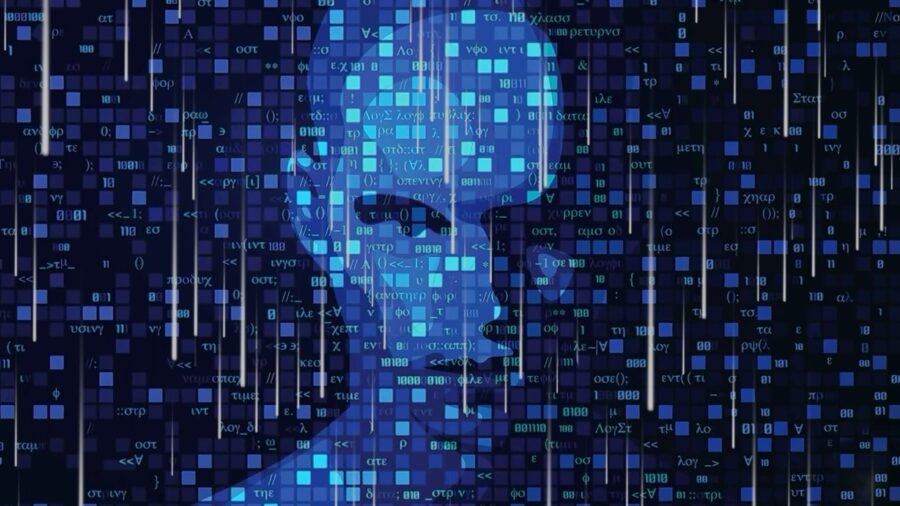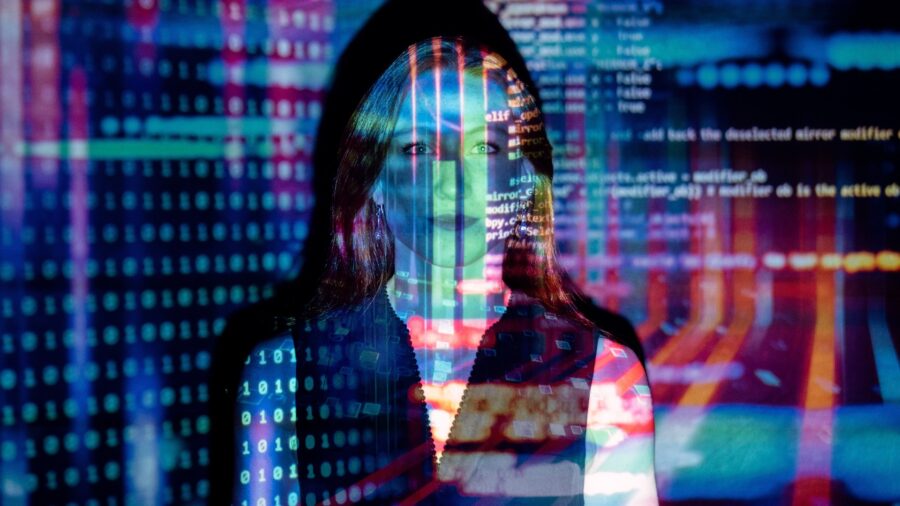OpenAI Voice Cloning Too Dangerous For Public Release

OpenAI, the organization behind high-profile AI technologies like the text generation model ChatGPT, has issued a statement concerning the risks of voice cloning technology. The prominent tech organization recently announced the development of a new tool that can clone voices. However, this OpenAI voice-cloning tool is presently deemed too risky for public release.
OpenAI Is Keeping The Genie In The Bottle

Expressing their concerns in their blog, OpenAI acknowledged the possibilities of misuse with this new technology. The blog read, “While the technological advancements are exciting, they also come with certain risks. The OpenAI voice cloning tool has the potential to be used in disinformation campaigns, deepfakes and other fraudulent activities, creating a realistic clone of anyone’s voice from just a small audio sample.”
Sounds Human

The association of OpenAI with other technological advances, such as ChatGPT, reaffirms its standing within the AI sector. ChatGPT has gained recognition for its ability to generate human-like text based on the input it is provided. This OpenAI voice-cloning tool appears to advance on this concept, taking textual inputs and producing voices that sound strikingly human.
While there are numerous benevolent uses, such as creating audiobooks and aiding those who have lost their ability to speak due to health conditions, OpenAI’s voice cloning technology has significant potential for use in scams.
A Scammer’s Dream Tool

Already, fraudsters have leveraged similar technology to mimic the voices of CEOs and unauthorized financial transactions. One notable case involved a UK-based company where the CEO’s voice was cloned to instruct employees to transfer a vast amount of money. In another incident, a duplicated CEO’s voice was used to authorize a fraudulent $35 million transfer via a simple phone call.
Other examples have been the instances of scammers impersonating the voice of a loved one and calling a parent or partner demanding ransom for their safe return. These instances underline the potential misuse of audio deepfakes in financial fraud. OpenAI voice-cloning tech, if released without the proper safety precautions, could amplify the occurrences of such fraud.
Varieties Of Deepfakes

Audio deepfakes, such as OpenAI’s voice-cloning tech, can be segmented into three categories: replay-based, synthetic-based, and imitation-based. Replay-based deepfakes reproduce recordings of a victim’s voice for deceptive purposes, such as hands-free phone attacks or cut-and-paste attacks. Synthetic-based deepfakes involve the artificial creation of human speech via software or hardware systems, including text-to-speech systems that transform written text into speech. Imitation-based deepfakes modify original speech to mimic another speaker’s style, intonation, or prosody.
OpenAI’s message about this technology is not only a cautionary tale for users but also underlines the ethical responsibilities of AI developers throughout the world. Their transparency in revealing the potential threats of the OpenAI voice tool further strengthens this commitment, prioritizing safety over technological strides.
A Cautionary Tale

OpenAI’s message about this technology is not only a cautionary tale for users but also underlines the ethical responsibilities of AI developers throughout the world. Their transparency in revealing the potential threats of the OpenAI voice tool further strengthens this commitment, prioritizing safety over technological strides.
While the OpenAI voice-cloning tool marks a significant breakthrough in technology, its potential for misuse indicates a need for circumspect implementation. The organization behind ChatGPT has once again placed itself at the forefront of technological advances but reiterates that the potential dangers must be taken into account. As with any innovation, the requirement for regulatory measures to keep up is paramount.












